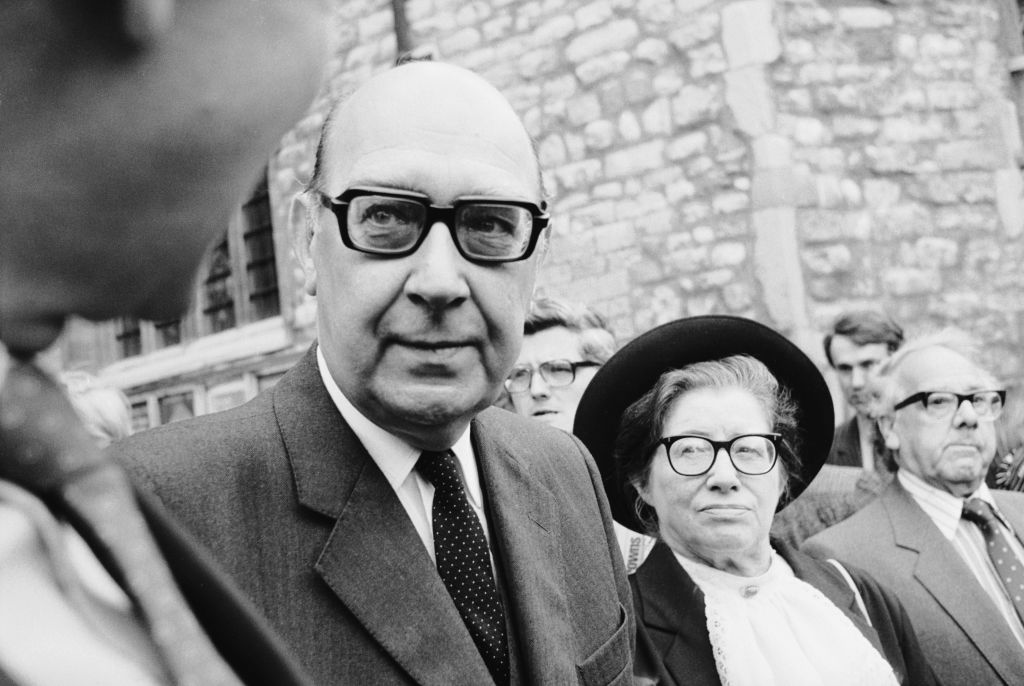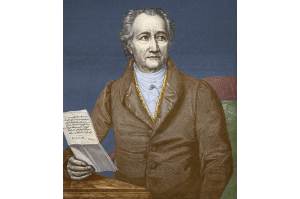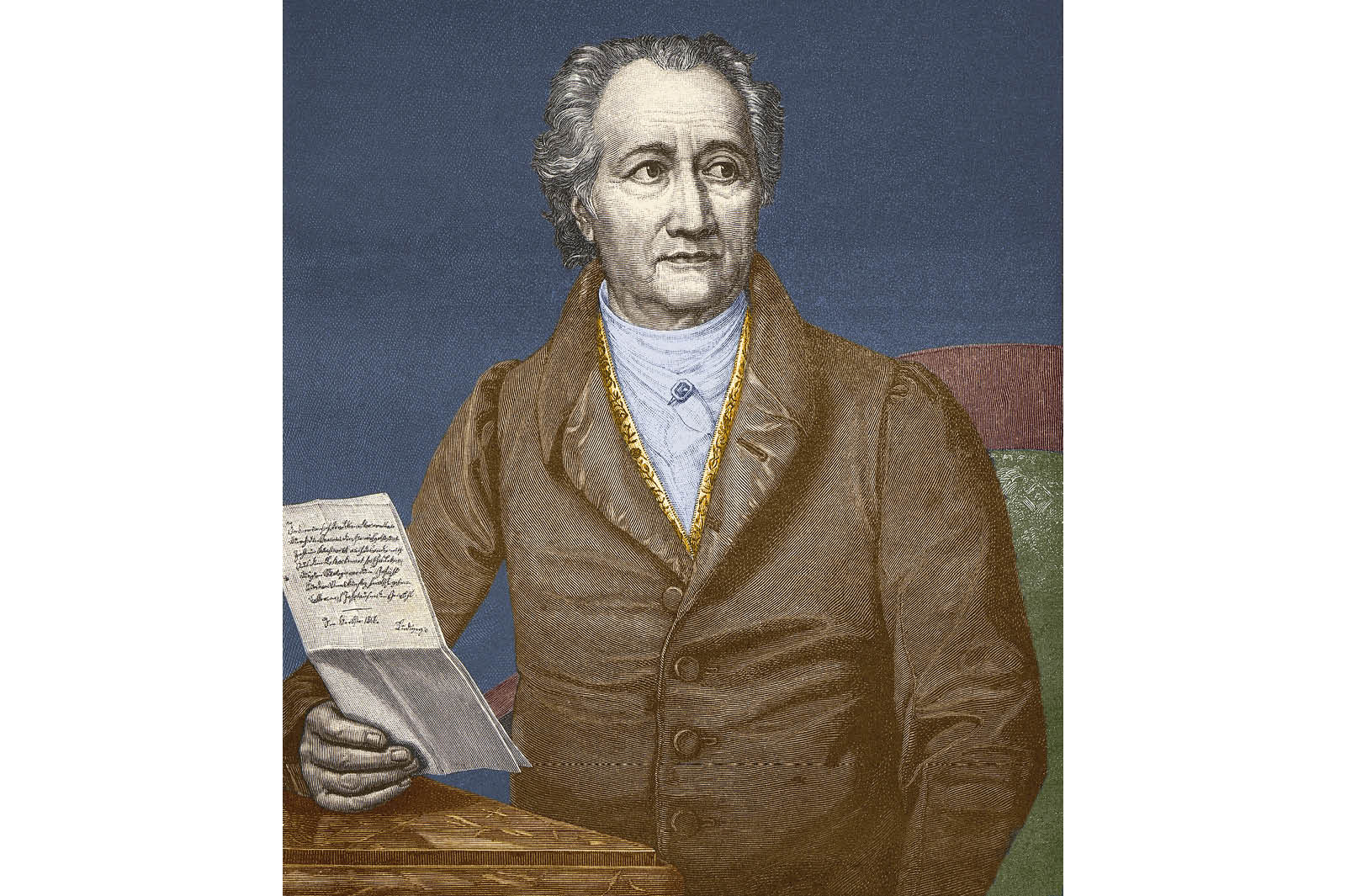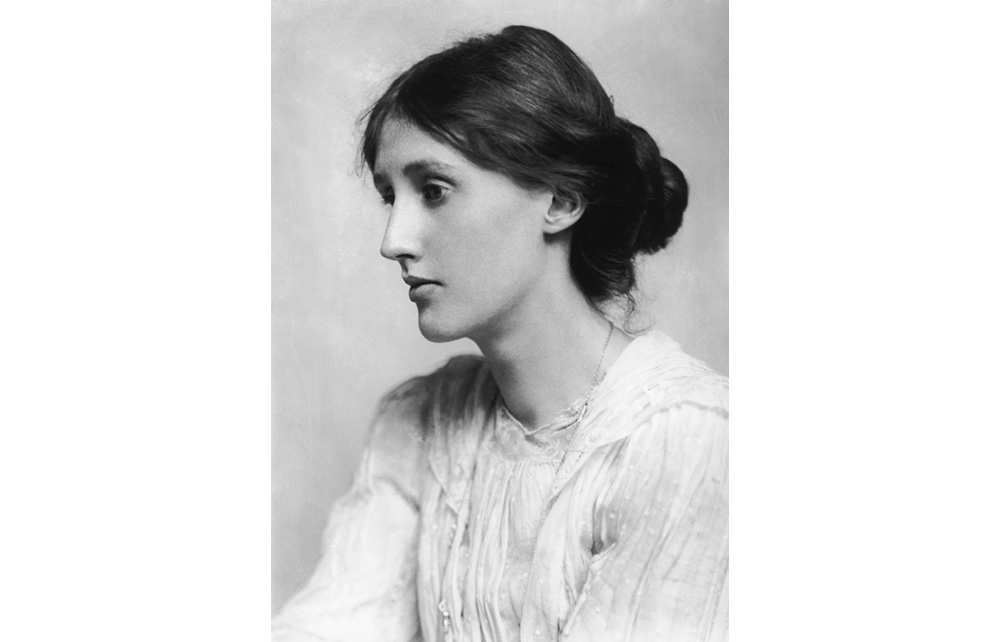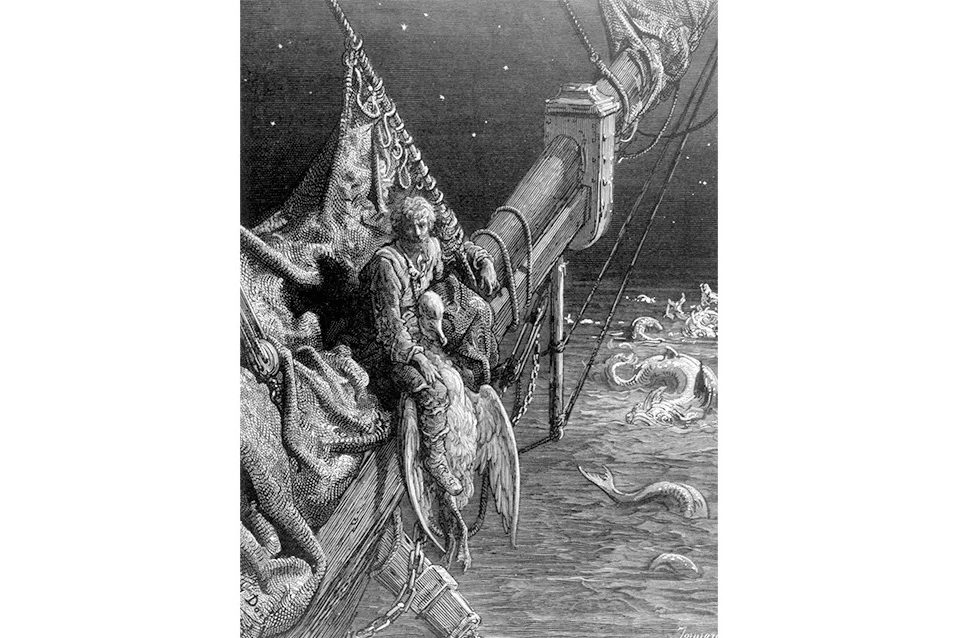Philip Larkin — whose centenary was this week — was a misogynist. A “casual, habitual racist and an easy misogynist,” according to the literary critic Lisa Jardine. Alan Bennet, Britain’s favorite playwright and supposedly a friend of Larkin’s, even described the poet as looking “like a rapist.” Not content with one insult, he even compared him to the necrophiliac serial killer John Christie. Tough review, that one.
The sheer number of reviews, essays, and articles which decry Larkin’s character and attitudes — “a porn-addled, two-timing, racist misogynist” reads the headline for one — seem to suggest this is a settled judgment. And, indeed, the evidence is all but damning. Larkin’s racism is well-documented in Andrew Motion’s excoriating 1992 biography, A Writer’s Life. It is even rumored that, like his Hitler-idolizing father, Sydney, Larkin had a slight affection for the fascist. They really do fuck you up, your mom and dad.
Larkin’s misogyny and womanizing is similarly undeniable: he had an intense, close sexual relationship with Monica Jones for most of his adult life, but this did not stop him sleeping with any other woman — married or otherwise — who would have him. One of his earliest documented relationships was with the sixteen-year-old schoolgirl Ruth Bowman, when Larkin was already twenty-two. In a letter to his friend and fellow writer Kingsley Amis, he described their relationship in typically sentimental terms:
Don’t you think it’s ABSOLUTELY SHAMEFUL that men have to pay for women without BEING ALLOWED TO SHAG the women afterwards AS A MATTER OF COURSE? I do: simply DISGUSTING. It makes me ANGRY. Everything about the ree-lay-shun-ship between men and women makes me angry.
His letters to Monica Jones are no less incriminating. He continually, incessantly refers to her as a rabbit, using every description known to man: “paw ears,” “powder puff,” “furry-face” and “dearest of burrow-dwellers” being but a few. There is, ostensibly, a delicate sweetness to this — the pair shared an affection for Beatrix Potter — but when it is combined with the knowledge that Larkin refused to marry Jones, and similarly refused to let her pursue other love affairs, it acquires something altogether more distasteful. She is, to him, a pet rabbit he can pick up and put down. In his letters to his male friends, the strength of his sexism and sex-crazed nature becomes clear: he writes pages and pages about pornography, and describes — in unsparing detail — magazines which show schoolgirls being spanked by teachers.
Given this wealth of evidence, how could anyone claim Larkin isn’t a misogynist? His early fiction — written while he was an undergraduate reading English at Oxford — does little to help his case. Jill (1946) — first published, rather hilariously, by a press that mainly dealt in erotica — is the tale of a young man’s infatuation with a schoolgirl. He eventually kisses her, forcibly, and ends the book with pneumonia as a result after being thrown into a fountain by his outraged fellow students.
Similarly distasteful were the stories he wrote under the name Brunette Coleman: Trouble at Willow Gables and Michaelmas Term at S.t Brides (they have, unfortunately, been recently re-issued). While it is tempting to call them a satire of the Enid Blyton brand of fiction (all matrons, sanatoriums and colored hat-bands), the truth is, well, rather more pornographic. Larkin lusts over a schoolgirl who buys lace underwear with her pocket money and describes — as in his letters — the moment that a girl is punished with a beating on her backside. In the later, unfinished story, he rather pruriently lingers over the moment two lesbian students become lovers, but breathlessly hops over the details.
Yet despite this catalogue of infractions, idiocy, and pornography, there are moments in Larkin’s work which reveal his surprising, and surprisingly unsexist, insight into the wartime and post-war feminine psyche.
His second novel, A Girl in Winter (published at the same time as Jill, but written afterwards) is the story of Katherine Lind, a woman who, for unclear reasons, is living in England during the war. Her country of origin is never stated explicitly, but when she was a teenager, she had an English pen-pal, Robin Fennel. Some readers have assumed that she is Scandinavian while others prefer the possibility that she is a German Jewish refugee. Regardless of why she ended up in England, she is working as a junior librarian in a town in the north of England (there is a hint of Larkin’s own biography here: he worked as a librarian in Belfast and Hull).
Over a period of twelve hours in which she has to accompany a younger, ruder colleague to the dentist, Katherine suddenly realizes that she no longer feels any affection for Robin, despite formerly being in love with him. The middle section of the novel is a long reminiscence of the time Katherine spent with Robin’s family, the Fennels, one summer in a village in Oxfordshire (for a novel called A Girl in Winter, there is an awful lot of summer).
A Girl in Winter is a novel of extreme precision, in which the slightest revelation can propel the entire plot. Towards the end of her stay at the Fennels’, Katherine discovers that it was Robin’s sister Jane who wanted her to spend the holiday with them, rather than Robin himself. In Larkin’s telling, such a tiny discovery is enough to send Katherine into despair, and enough to make the reader gasp.
But within this truly spectacular novel (truly, honestly Larkin’s most underrated work) is also a hint of the delicacy, tact, and understanding of the unsexist Larkin. Katherine Lind is no two-dimensional schoolgirl fantasy: she’s plain, shiveringly cold, and has all but run out of food in her sparsely furnished flat. It is men who are the rather two-dimensional figures. Robin is, alternately, the unaware boy and the brutish drunken soldier, and he takes his place amidst a cast of horrible bosses, drunk lechers, and cruel dentists.
Instead of pornographic delight, the novel ends with a quiet anti-sex scene. Katherine wants to tell Robin that she is not the “foreign girl who could be relied on for a bit of fun” but bites her tongue. All the same, the only action as they sleep next to each other is a squabble over a watch ticking and conversations about where Robin is being sent to fight. The book ends in a cloud of “unsatisfied dreams” for them both.
Larkin was, undoubtedly, a sexist, racist misogynist — and I’m glad I don’t have to drink with him and Kingsley Amis in a pub. But in this, his earliest mature work and last novel, is a hint of what he and his writing could have been instead: insightful, hauntingly somber, and touchingly delicate. Some critics claim to have found this in his verse. But as Larkin himself wrote in his typically misogynistic late poem “Love Again,” “it never worked for me.”



